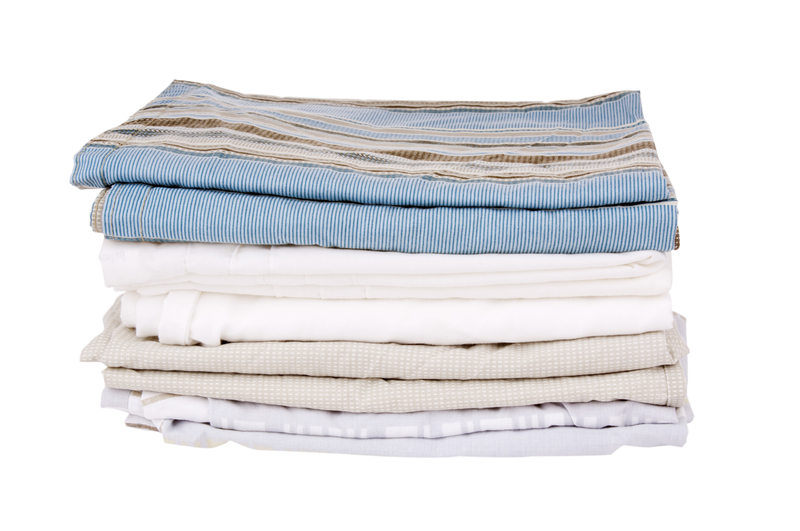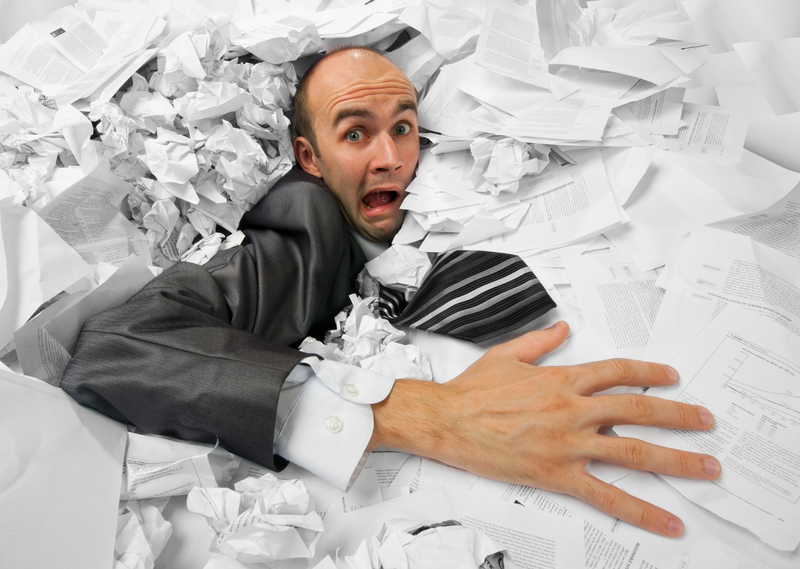Easy Ways to Recycle at Home: A Guide for Beginners
Posted on 15/06/2024
Are you looking to reduce your carbon footprint and make a positive impact on the environment? Recycling is one of the easiest and most effective ways to do just that. With a little effort, you can turn your household waste into valuable materials that can be used again and again. In this guide, we will explore some simple and easy ways for beginners to recycle at home.
Understanding Recycling
Before we dive into the various ways to recycle at home, it's important to understand what recycling is and why it is so important. Recycling is the process of converting waste materials into new products with the aim of reducing the consumption of raw materials and energy. By recycling, we can help reduce pollution, save natural resources, and decrease the amount of waste in landfills.

Sorting Your Waste
The first step to recycling at home is sorting your waste properly. This means separating recyclable items from non-recyclable ones. Some common items that can be recycled include plastic bottles, aluminum cans, cardboard, paper, and glass. These items should be placed in separate bins or bags designated for recycling. Non-recyclable items such as food waste, plastic bags, and Styrofoam should be disposed of in the regular trash bin.
Composting
Another great way to recycle at home is by composting. Composting is the process of turning organic waste such as food scraps and yard trimmings into nutrient-rich soil for gardening. Instead of throwing these items in the trash where they end up in landfills, you can compost them in your backyard. Not only does this reduce waste, but it also helps improve soil quality and reduces the need for chemical fertilizers.
Upcycling
Upcycling is a fun and creative way to recycle at home. It involves repurposing old or unused items into something new and useful. For example, you can turn old t-shirts into cleaning rags or mason jars into candle holders. The possibilities are endless when it comes to upcycling, and it's a great way to reduce waste and save money on buying new items.
Local Recycling Programs
Many local communities have recycling programs in place that make it easy for residents to recycle. These programs typically have drop-off locations where you can bring your recyclable items, or they offer curbside pickup services. Be sure to find out what recycling options are available in your area and take advantage of them.
The Pros and Cons of Recycling
Pros:
- Reduces pollution: By recycling, we can help reduce air, water, and land pollution caused by the production and disposal of items.
- Saves energy and resources: Recycling requires less energy compared to producing products from raw materials, which helps conserve natural resources.
- Creates jobs: Recycling creates job opportunities in areas such as collection, processing, and manufacturing.
Cons:
- Can be time-consuming: Sorting through your waste and taking it to a recycling center may require extra time and effort.
- Contamination: If recyclable items are not properly sorted, they can contaminate the whole batch and render it unrecyclable.
- Limited options: Not all items can be recycled, so some waste will still end up in landfills.
Tips for Successful Recycling
1. Educate yourself on what can and cannot be recycled in your area.
2. Rinse out containers before placing them in the recycling bin to avoid contamination.
3. Flatten cardboard boxes before recycling to save space.
4. Purchase products made from recycled materials whenever possible.
5. Get creative with upcycling projects.

Takeaways
Recycling is an easy and effective way to reduce waste and support the environment. By sorting your waste, composting, upcycling, and taking advantage of local recycling programs, you can make a positive impact on the planet. While there are some cons to recycling, the benefits far outweigh them.
In Conclusion
As you can see, there are many easy ways for beginners to recycle at home. With just a little effort and commitment, you can help reduce pollution, save energy and resources, and create a better future for our planet. So why not start today? Remember to always be mindful of what you consume and how you dispose of it. Every small step counts towards making a big difference in the world.



